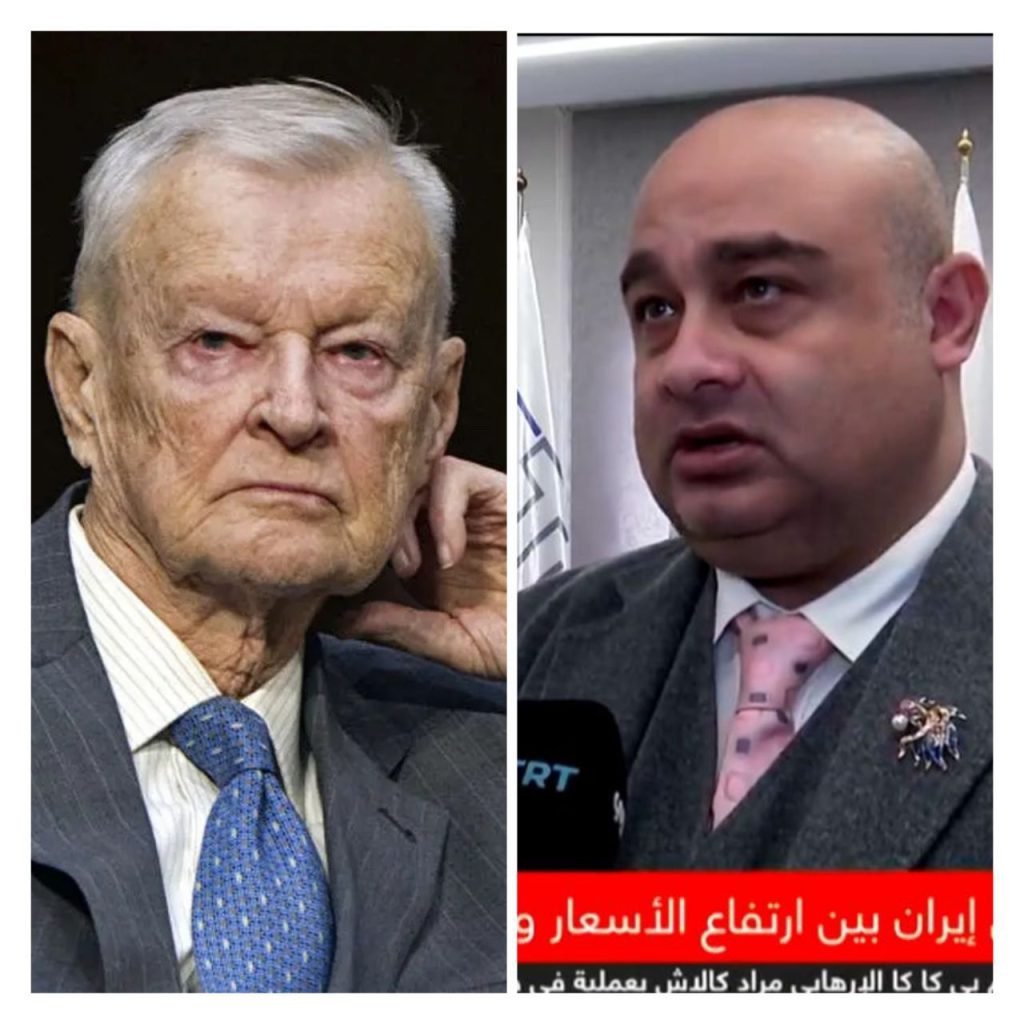Dr. Alireza Chizari, an Iranian strategist and chairman of the Board of Directors of the Association of Producers, Suppliers, Distributors, and Exporters of Medical and Pharmaceutical Equipment, warned during a strategic forum on regional and global developments that any military intervention or aggressive pressure against Iran would not weaken the country’s political structure. Instead, it may further integrate two historic forces of Iranian identity: Iranian nationalism and political Shiism—a combination that is inherently cohesive, mobilizing, and potentially explosive.
According to him, history demonstrates that in times of external threats, Iranian society tends to move toward internal solidarity and redefinition of its collective identity rather than fragmentation. He believes that some Western policymakers, in their simplistic assessments, assume external pressure might widen internal divides. Yet within Iran’s socio-cultural fabric, such pressures often lead to the amplification of both national and religious power.
Chizari noted that continued hardline approaches, including military or security pressures, could regenerate a form of “Shiite nationalism” that enhances the political legitimacy of the Iranian system and even unites non-ideological segments of society in defense of the nation.
As a scholar of history and author of multiple articles and books, he argues that this response is not merely rooted in religious beliefs but deeply embedded in the historical and civilizational legacy of the Iranian people—who have, time and again throughout history, rallied around a shared identity, both national and religious, when facing external threats.
Drawing on contemporary historical experiences, Dr. Chizari emphasized that any military action against Iran would be not only costly and ineffective but could trigger widespread resistance across various strata of society, with far-reaching consequences for regional stability and the global order.
Recalling the historical trauma of the Afghan invasion under Mahmud Afghan—after which, according to him, not a single Afghan returned alive from Iran—or the brutal retaliations under Nader Shah Afshar, Chizari stressed that Iran’s past offers critical lessons for those who seek to confront it today. He also warned the West, particularly the United States, against entrapment in military quagmires reminiscent of Vietnam or Afghanistan.
Chizari further pointed to the growing strategic alliances among Asian powers such as Iran, Russia, and China, asserting that continued Western pressure—especially by the U.S. and Europe under Israeli provocation—may only serve to strengthen the emerging Eastern bloc. He does not view this shift as a threat to global security, but rather as a natural consequence of Western antagonistic policies. The more the West seeks to isolate and constrain, the more these targeted nations unite and consolidate.
At the end of the forum, Dr. Chizari emphasized that his perspective stems from deep local knowledge, diplomatic experience, and strategic insight.
Interestingly, as noted by several media observers, similar warnings were issued years ago by Zbigniew Brzezinski—the renowned American strategist and National Security Advisor to President Carter. According to Chizari, what we are witnessing today is the realization of Brzezinski’s foresight. Had those warnings been taken seriously, the current regional landscape might look very different.
Is Iran, in this new era, witnessing the rise of a new Brzezinski?

